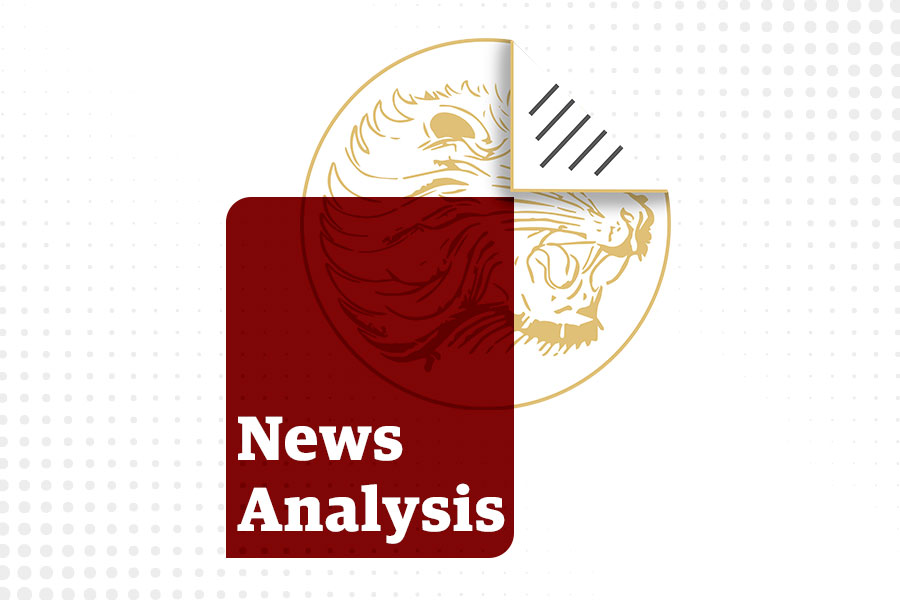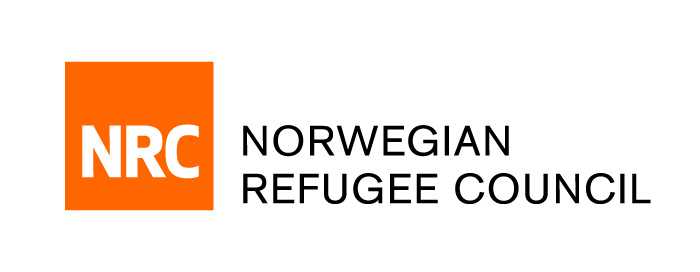
Radar | Sep 24,2022
Companies operating in the country's industrial parks have raised concerns with the central bank's recently-passed directives that place limits on transactions and retention rates on export earnings.
The Ethiopian Investment Commission (EIC) has filed complaints with the central bank on the companies' behalf in the hopes of working out redress.
The National Bank of Ethiopia (NBE) restricted depositing money on behalf of another account in mid-September 2020 following the note changeover (demonetisation), only allowing transfers from an account to another account. In May 2020, it put a 100,000 Br daily and a million Birr monthly withdrawal limit on individuals and a 300,000 Br daily and 2.5 million Br monthly withdrawal cap on businesses.
A few months later, in October, the central bank altered the directive and brought the daily withdrawal limit down to 50,000 Br for individuals and 75,000 Br for businesses.
The cash withdrawal limit was later removed for public institutions, refugee and disaster management agencies, defense and security bodies, and charity organisations. Yet, businesses were forced to proceed with this restriction hanging over their heads.
Industrial parks have successfully petitioned for the lifting of the withdrawal cap, according to a person familiar with the case. Last month's directives on the retention rates and inward remittance, however, are a different story.
In 2020, exporters of goods and services were made eligible to open two types of accounts, Foreign Retention Account A and B. The former was used to retain 30pc of export earnings in foreign currency, and the latter was an account that comprises 70pc of the export balance, which would remain as foreign currency until 28 days after, when it would automatically be exchanged to Birr.
Last month, this was amended with a directive that requires 30pc of export proceedings to be surrendered to the central bank in foreign currency. Of the remaining 70pc, the exporter retains 45pc in foreign currency while the remaining is converted to Birr at the prevailing exchange rate. Only about 31.5pc of the total earnings can be recovered in foreign currency, with the remaining 68.5pc only available in Birr.
The revocation of the 28-day privilege exporters has been a source of complaints from the industrial parks and exporters in general, an official at the EIC disclosed to Fortune. The Commission has taken the matter to the central bank with a request for distinctions between industrial manufacturers and exporters of unprocessed materials, arguing that it would be hard for industries to operate under such circumstances.
"There was even a plan to increase the 28-day cap to three months to encourage exports,” said this official, who requested anonymity because he is not authorised to speak for the Commission. "However, this time, we have faced resistance from the NBE since there is a need to mitigate the slowing economy and the current foreign currency shortage the country is facing.”
Authorities at the central bank believe the rationale behind the retention amendment is to facilitate foreign currency accessibility not only to exporters but also to other manufacturing sectors that need to import raw materials. In line with this, they have not consented to change the directive but have agreed to give exporters a priority when there is a need to import business-related materials to the country, disclosed the official.
Experts say that the new regulations are likely to demoralise businesses in the export sector, citing that many turn to exports, not necessarily for profits, but simply as a way to earn foreign currency used to boost other businesses they operate.
"Exporters already have a lot of problems on their hands,” said Alemayehu Geda, professor of economics at Addis Abeba University. "This directive is going to be heavy on them if there is no other way to incentivise them."
PUBLISHED ON
[ VOL
, NO
]

Radar | Sep 24,2022

Editorial | Feb 12,2022

News Analysis | Jan 01,2022

Radar | Aug 14,2021

Fortune News | Jun 05,2021

Fortune News | Jun 10,2021

Agenda | Oct 23,2021

Radar | Dec 19,2021

Fortune News | May 28,2022

Radar | Mar 19,2022

Dec 22 , 2024 . By TIZITA SHEWAFERAW
Charged with transforming colossal state-owned enterprises into modern and competitiv...

Aug 18 , 2024 . By AKSAH ITALO
Although predictable Yonas Zerihun's job in the ride-hailing service is not immune to...

Jul 28 , 2024 . By TIZITA SHEWAFERAW
Unhabitual, perhaps too many, Samuel Gebreyohannes, 38, used to occasionally enjoy a couple of beers at breakfast. However, he recently swit...

Jul 13 , 2024 . By AKSAH ITALO
Investors who rely on tractors, trucks, and field vehicles for commuting, transporting commodities, and f...

Oct 11 , 2025
Ladislas Farago, a roving Associated Press (AP) correspondent, arrived in Ethiopia in...

Oct 4 , 2025
Eyob Tekalegn (PhD) had been in the Governor's chair for only weeks when, on Septembe...

Sep 27 , 2025
Four years into an experiment with “shock therapy” in education, the national moo...

Sep 20 , 2025
Getachew Reda's return to the national stage was always going to stir attention. Once...